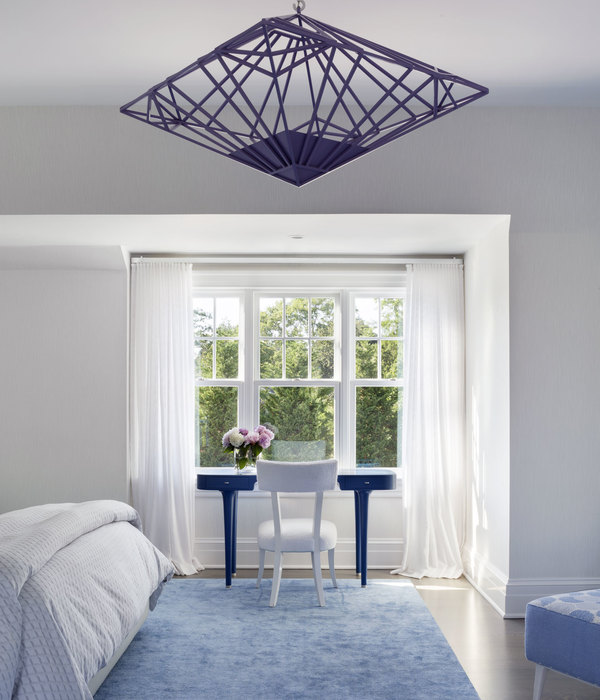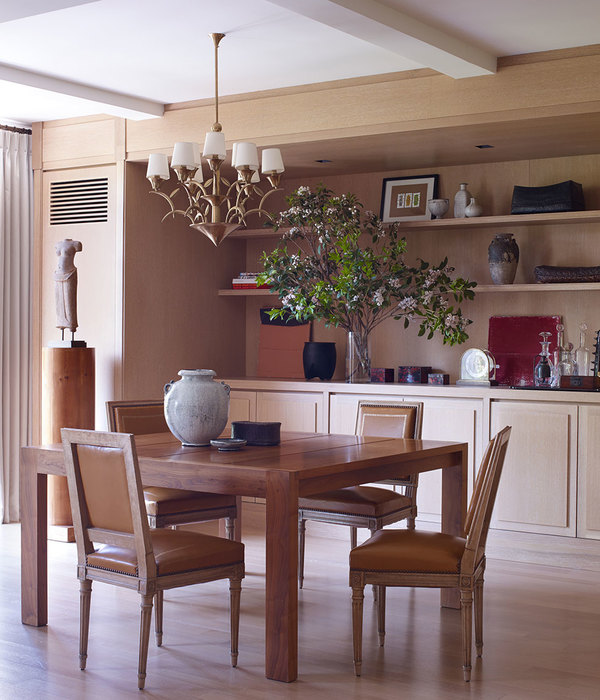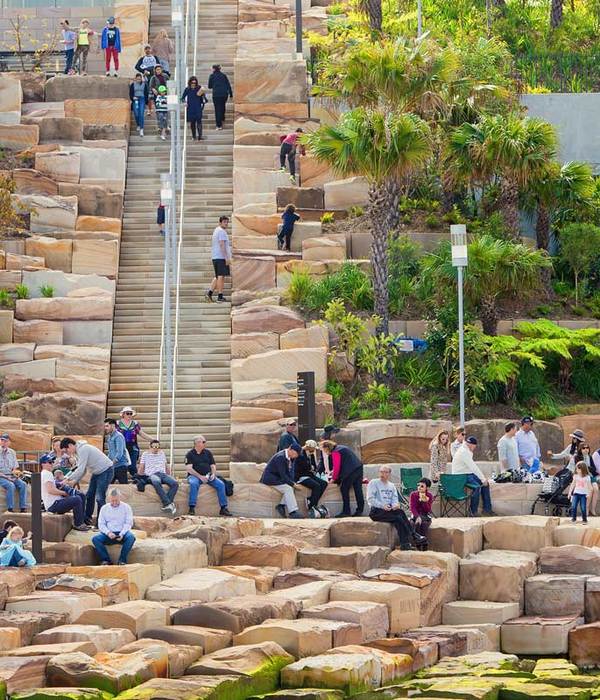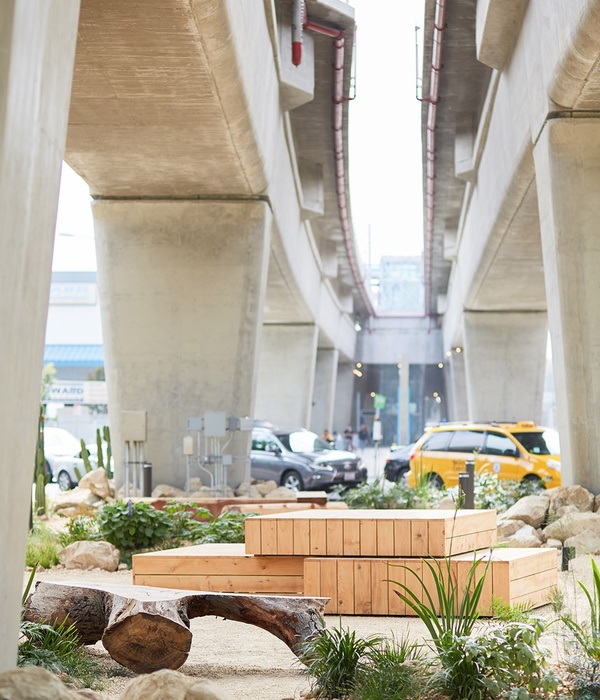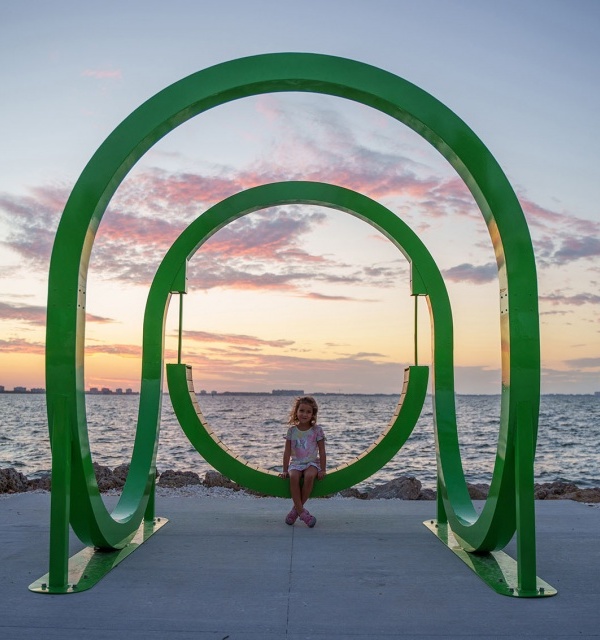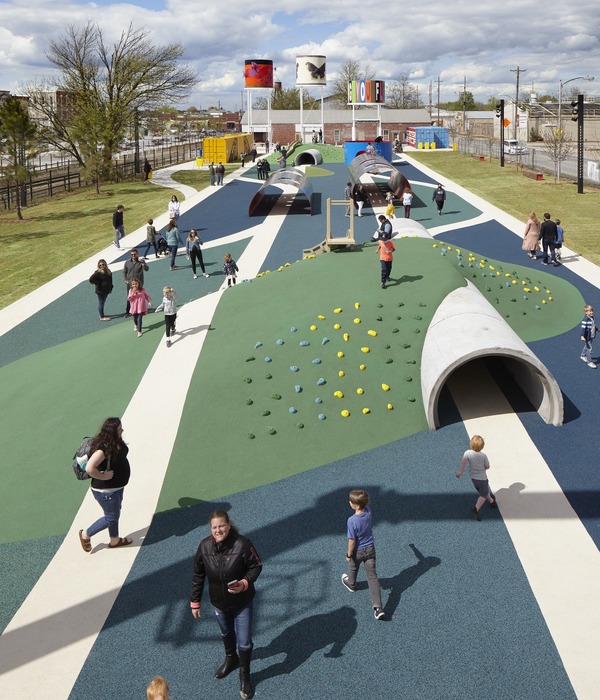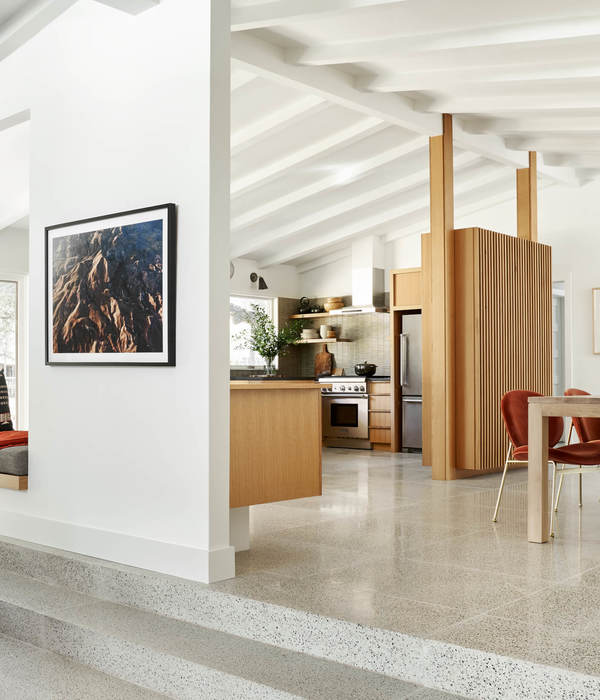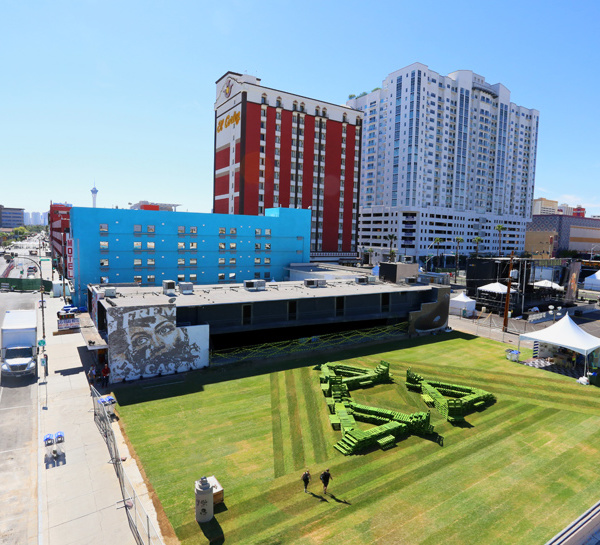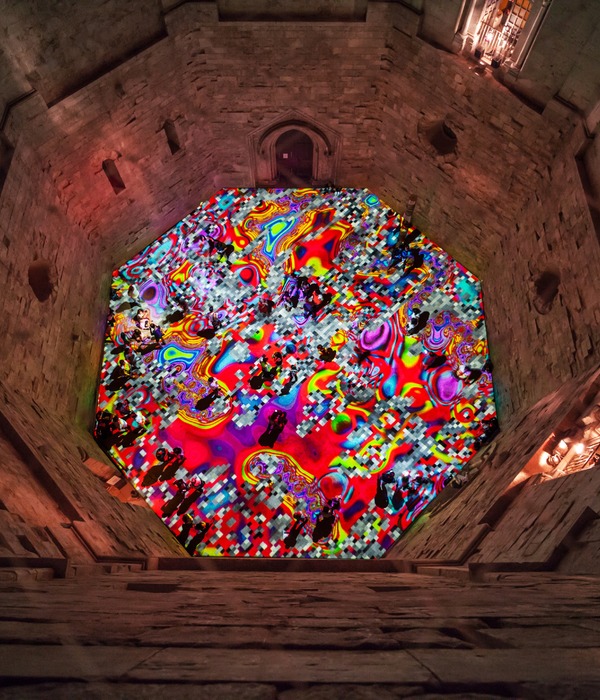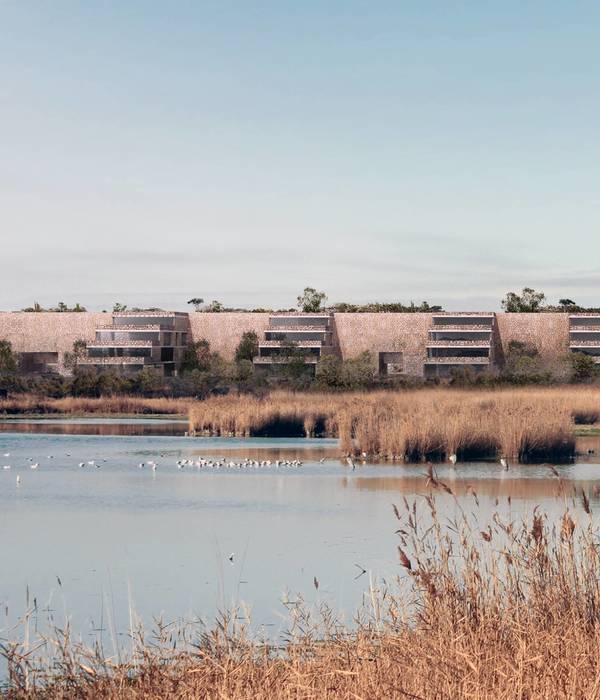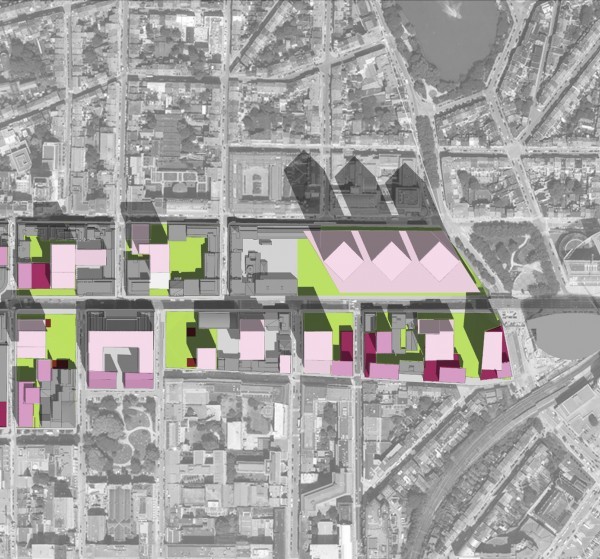总督岛公园和公共空间总体规划(2010年4月)利用其在纽约港无与伦比的优势,将岛上87英亩的开放绿色空间改造成一个区域目的地。 MNLA是西部8号团队的副景观设计师,完成了开放空间的总体规划和两阶段公园设计。总体规划重塑了国家历史街区的现有景观,将南半岛改造为二十一世纪的公园,沿海滨建造了一个2.2英里的大长廊,漫步者和骑自行车者可以欣赏到360度全景港口。
第一阶段包括Liggett Terrace和Hammock Grove的花园,一个占地10英亩的造林项目,有超过1,900棵树代表50种树种。结果是一个设计,以人们的意想不到的方式,补充了州长岛的位置的独特性。第二阶段,也被称为“山丘”,于2016年7月向公众开放。山丘是从抢救填充,清洁填充,设计的土壤和结构支持的组合。它们的高度和坡度由于坡度和坡度而产生了复杂的种植条件等级。因此,MNLA的种植战略为他们解决了美学,经验和技术方面的设计。超过40,000灌木,包括19种植物,覆盖近5英亩的丘陵,当游客爬上的路径,视野是通过树木和灌木的集结控制。他们的斜坡上的树木被种植在海拔不会阻挡360度视图从顶部的Outlook,四个山中最高的。
The Governors Island Park and Public Space Master Plan (April 2010) transforms 87 acres of open green space on the island into a regional destination by taking advantage of its unparalleled setting in New York Harbor. MNLA was the Associate Landscape Architect on the West 8 team that completed the master plan and the two-phased park design for the open space. The master plan rejuvenates existing landscapes in the National Historic District, transforms the southern half of the island into a twenty-first century park, and creates a 2.2-mile Great Promenade along the waterfront where strollers and bicyclists can experience 360-degree views of the harbor.
Phase I includes the gardens of Liggett Terrace and Hammock Grove, a 10-acre afforestation project with more than 1,900 trees representing 50 species. The result is a design that engages people in unexpected ways and complements the unique character of Governors Island’s location. Phase II, also known as “The Hills,” opened to the public in July 2016. The Hills were built from a combination of salvaged fill, clean fill, designed soils, and structural support. Their height and slope create complex gradations of planting conditions due to aspect and grade. As a result, MNLA’s planting strategy for them addresses the aesthetic, experiential, and technical aspects of design. Over 40,000 shrubs, comprising 19 species of plants, cover nearly five acres of the Hills, and, as visitors climb the paths, the viewsheds are controlled through the massing of both trees and shrubs. Trees on their slopes are planted at elevations that will not inhibit 360-degree views from the top of Outlook, the tallest of the four Hills.
{{item.text_origin}}

